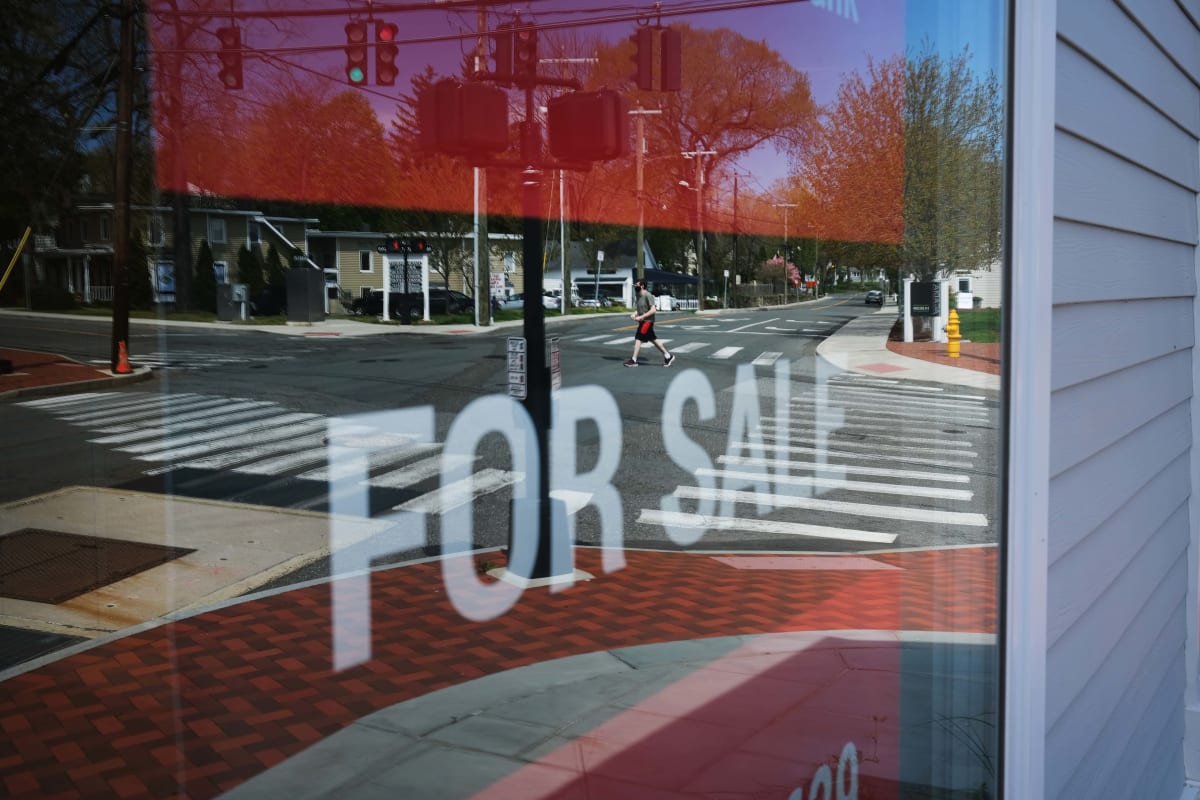Small businesses struggle to pay rent with 78% still affected by pandemic, minorities and women hit worse: Report

The US has seen a change in its political leadership in the middle of a pandemic which has thrown its economy out of gear, just like the massive public health disaster it has created. After Joe Biden took up the president’s mantle from Donald Trump, it is being frequently questioned as to whether the economy will find a swift recovery mode under the new administration. Given the fact that Biden was a member of the administration that had taken over in times of a recession a decade ago from yet another Republican regime, it seems the expectations from him are even more.
On March 10, Alignable, the largest online referral network for small businesses, came up with a report on the economic recovery called ‘Road to Recovery Report’ in which it said the level of economic misery among the small and midsize businesses (SMBs) is rising again, making it look as if the country is back to the early phases of the Covid-19 pandemic that has affected nearly 30 million people and claimed more than 530,000 lives.
RELATED ARTICLES
78 percent of SMBS still facing an adverse financial impact
According to the report, 78 percent of all SMBs are still facing negative financial effects (up 10 percent from February) while 58 percent (like in last June) have reported experiencing a significant impact (up 12 percent from last month). Besides, businesses reporting a favorable impact was reduced by almost half since February (from 15 percent to 8 percent).
The Alignable report also said that revenue generation has continued to remain alarmingly low with 58 percent collecting less than a half of the revenues they earned before the pandemic set in. It also added that these businesses need relief assistance from the Biden administration urgently.

Grim cash reserve situation
The recovery report also said the overall cash situation facing business owners has worsened significantly. The Alignable survey conducted in February showed that 32 percent of the business owners had cash for a month or even less than that. In March, that figure jumped to 41 percent. “This situation is most dire for businesses who’ve been shut out of relief programs and in industries where human-to-human interaction is required for the business to operate,” the report said.
Businesses owned by minorities and women are also in dire straits. The report said 56 percent of minority-owned businesses and 51 percent of women-owned businesses have cash for only around a month or less.
“When looking at the industry data, it’s no surprise that retailers and other consumer-focused businesses are struggling the most. The Beauty sector is suffering more than others with 63% of salons and barber shops reporting they have one month or less of cash reserves,” the Alignable report added.
People struggling to pay rent
People are also finding it hard to pay rent for the month of March. Nearly half of the small business owners have said that they cannot pay their March rent, which is 11 percent more than that in February and 16 percent more than in January, a March 5 report from Alignable said. In the case of minority-owned businesses, the number is far higher at 67 percent (nine percent more than in February) while for women business owners, it is 53 percent (12 percent more than last month). The situation is challenging for the landlords (often small business owners themselves) who could be forced to sell their properties and try other ways to generate income, the March 5 report added.
The Alignable report of March 10, however, expressed optimism with the Biden administration focusing on a speedy vaccination program. "With regard to vaccine distribution, many of the hardest hit sectors of the economy depend heavily on summer revenue generation. The ability to shift vaccine availability for all to Memorial Day from the 4th of July represents a significant opportunity for these businesses to start to recover," it said, referring to the president's pledge to get America closer to normal by the next Independence Day.










